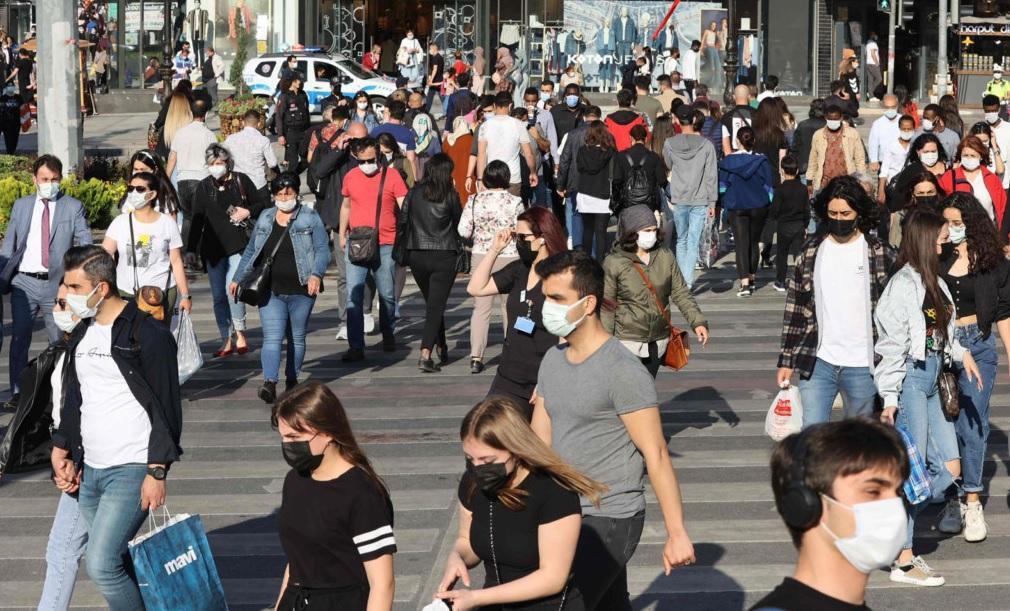
Turkey’s Health Minister Fahrettin Koca expects a further decline in COVID-19 cases in the coming days, noting that Turkovac, the country’s locally-produced COVID-19 vaccine, has proved to be very effective.
Speaking to Hürriyet columnist Osman Müftüoğlu, Koca said that the number of daily cases would hit bottom in the coming days, urging the public once again to get their vaccinations, especially the booster doses.
“We should be patient and not walk around without a mask indoors for a few more months and continue to wear masks in risky areas,” he said.
Stating that Turkovac provides a much higher immunity than expected according to the first data and observations, Koca noted that efforts have started to make the vaccine more powerful against current and previous coronavirus mutations.
Expressing that there is a visible decline in the effect of the pandemic, Koca emphasized that the next summer will be more comfortable, peaceful, and enjoyable compared to the previous summer.
Meanwhile, in line with the advice of the Coronavirus Scientific Committee, the flexibility in the mask rules, the removal of the HES code requirement, and the changing test algorithm completed its first month.
According to the data, in addition to the great decrease in the number of tests, the lowest levels in the number of cases and deaths in recent months draw attention.
While the number of daily tests decreased from 400,000 and settled below the 300,000 level, the number of daily cases fell below the 15,000 level for the first time since the full shutdown.
The data also show that the daily death toll, which exceeded 300 for a while and was 188 as of March 3, decreased to 45 as of April 1.
While a total decrease has been observed in the weekly coronavirus case maps for a month, the authorities continued to give positive messages.
Koca said on Twitter that the intensive care and service occupancy rates in the Turkish metropolis of Istanbul, where he made two on-site inspections during the peak period of Omicron, decreased to one-third compared to the pre-Omicron period.